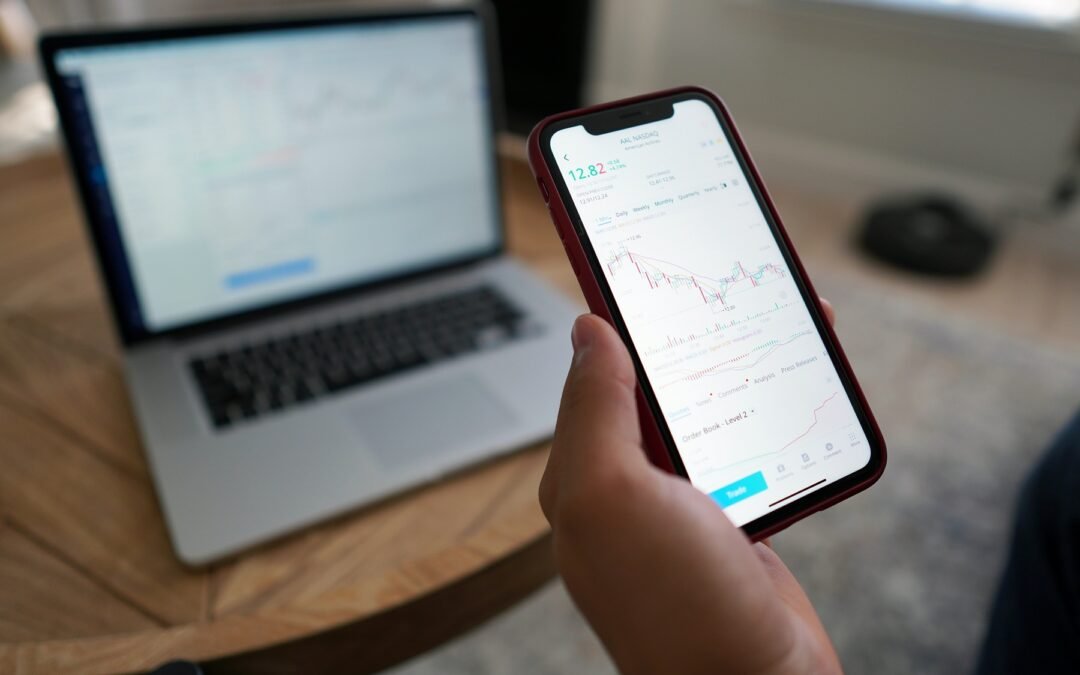The one question I get asked the most is probably, “What is the best type of investment? It may be tempting to share your best tips on investment A or investment B by saying “put your money there and you won’t lose”. However, I usually just reply, “It depends”. Why? Because there is no such thing as the best investment for every individual.
Whenever you invest, you should take into account your personal circumstances. For example, a good investment for a friend might be unsuitable for you. If you’re thinking about investing, ask yourself these five questions before you put any money on the line.
1. WHAT IS MY INVESTMENT GOAL?
Before making any investment, the most important thing you need to ask yourself is, ” What is the goal or purpose of this investment?” Is it for your retirement? For your child’s college? A trip around the world? Begin with the end in mind. So, ask yourself, “Is this investment likely to help me meet my goal?
2. HOW LONG DO YOU PLAN TO INVEST?
Every goal will probably take a different amount of time to achieve. If you are saving for retirement over a 20-year period, your investments will be very different from what you are saving for a down payment on a home over a five-year period. If your investment goal is far into the future, you might be able to handle a riskier long-term investment choice like the stock market or real estate. However, if you are less than one year from your financial goal, a dip in the market may cause you to not be able to meet that goal, so you’d be best off sticking with something less volatile, like a Certificate of Deposit or a bond fund.
3. WHAT ARE THE RISKS OF THIS INVESTMENT?
It is common for people to wonder how much money they will make from investing rather than asking themselves “How much am I willing to lose?”. Consider: If you invested $1,000, how would you feel if you lost a hundred dollars. Two hundred? Five hundred? Taking risks may be scary for someone who isn’t used to doing so. However, in investing, a higher risk generally leads to higher returns in the long run. Taking some risk is necessary but in an appropriate amount. If you take too much, you could lose a significant amount of money just when you need it. If you take too little, you will not be able to grow your money to the level you want.
4. WHAT IS THE INVESTMENT COST?
Fees are often hidden by a lot of brokers and investment companies. As such, it is not always easy to calculate how much an investment cost. You might have to pay a one-time fee, for instance, if you use a stock trading service. A mutual fund or index fund, on the other hand, charges you a percentage of your investment every year, and possibly even a “front-end-load”. The question to ask is: What will it cost to buy, hold, and sell the investment? And will you pay taxes on the money you earn?
To be clear, investing costs are not necessarily bad or even something you cannot avoid. If you know what you’re paying, then you’ll be able to determine for yourself whether the money is worth it.
5. AM I DIVERSIFIED?
It would be fine if you could be certain of the outcome before putting all your money on the dice. Yet in reality, there’s no such thing as a sure thing. Keeping your assets diversified can help you avoid being overly dependent on one company, sector, industry, or sector-wide.
Let’s say that most of your savings are invested in the stock of the company you work for. Can you imagine what it would be like if your employer suddenly went bankrupt? In addition to losing your job, your retirement savings could disappear. Thus, balance is key. So, when making the decision to invest, consider how the investment fits into the rest of your portfolio.
CONCLUSION
It would be much easier if we had a universal solution that worked in every situation. However, picking the right investment is not as difficult as you might imagine. By asking such questions, you can simplify the process of choosing the best choice for you regardless of what surprises lie ahead.
Bottom line: ASK QUESTIONS! This is my best recommendation when it comes to investing wisely. If they had asked basic questions from the beginning, many investors could have avoided trouble and losses. A second consideration would be, are you asking the right people these questions? 😊
P.S. You should never invest in something you don’t understand. You should know your investment well enough to explain it to someone else before you invest. Happy investing!


